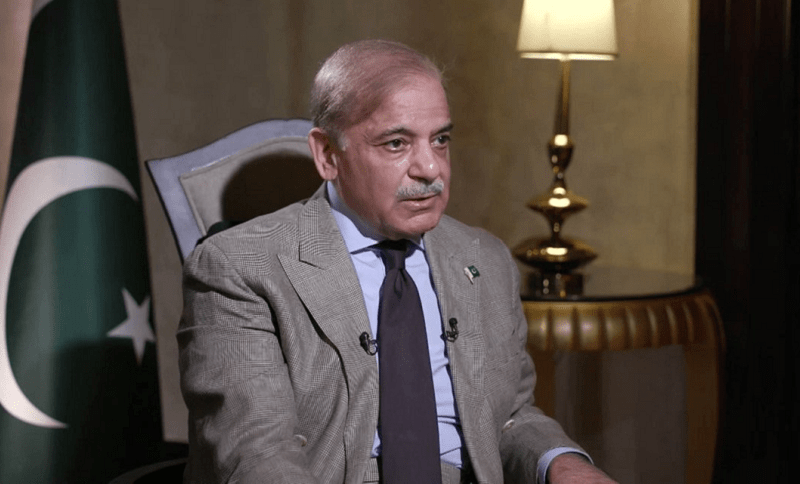
A Peace Loving Pakistan Or A Trojan Horse

Two countries of the subcontinent gained independence seventy-five years ago, soon to be mired in bloodbath of partition and struggle to rise from poverty, illiteracy and many issues of social backwardness, which were left as a legacy from years of colonisation. Thereafter, they engaged time and again on the borders in full scale wars. While one of the reasons for these armed engagements has been illegal claim of Kashmir by Pakistan, which has been its national obsession, the other major war resulted in the birth of another nation Bangladesh, after years of depraved treatment by Pakistan. Notwithstanding the drags created to its growth due to many reasons, India has been steadily rising and is soon to become World’s third largest economy. After a fledgling start, Bangladesh too is inching towards growth and faring better than Pakistan. On the other side, Pakistan is steadily nosediving towards backwardness, food shortage, fuel crisis, unemployment, rising inflation and terrorism. While India has grown as a thriving democracy, Pakistan had military rule for 33 years out of these seventy-five years, and fortunately Bangladesh has restrained itself from going the Pakistan way and military take overs.
As Aristotle said, “Knowing yourself is the beginning of all wisdom”, the recent statement by Mian Muhammad Shehbaz Sharif, the 23rd Prime Minister of Pakistan, could be a compulsory self-reflection, due to the present state of his country. The statement on January 17, 2023, to a Dubai based network, Al Arabiya TV is well timed and well placed, as Pakistan seeks funding from Arab nations, to bail it out yet again. However, whether his statement that “Pakistan has learnt its lesson after three wars with India” and appeal for “serious and sincere talks” for peace with India, is meant for India or is an alibi to bring out his country from the state of abyss and use such manoeuvres to seek financial help for the time being, needs to be analysed. As usual, mention of “Kashmir as a burning point” and “Pakistan as a nuclear power”, cannot be undermined.
Before further analysis of Pakistani Prime Minister’s statement, the present status of Pakistan needs to be visualised. Firstly, its economy is under utter distress. Its external debt reached to 126.9 billion by September 2022, and it needs to repay 73 billion USD in another two years. As per the IMF report, about 30 % of its debt is owed to China. It has the dubious distinction of being the fourth largest debtor of the IMF amongst all countries and topmost in Asia, with outstanding debt of about 8 billion USD. In the current year only, it needs to arrange 34 billion USD to meet its trade and debt obligations. Hence it has been seeking financial support from UAE, Saudi Arabia and China for additional funds and roll over of previous debts. With its foreign reserves dropping to 4.3 billion USD in the first week of January, it could cover only three weeks of imports. Pakistan can hence survive only on borrowings unless it produces more and spends less. With forecasted growth rate of 2 %, the prospects for Pakistan’s GDP in the near future, do not seem to be very optimistic either.
With inflation rising to 25 % and prices surging to 35%, the food shortage and economic crisis is worsening. The Oil Companies Advisory Council (OCAC) of Pakistan had predicted looming crisis of petrol and diesel shortages. To preserve cooking gas for future use, it is being sold in balloons. Restaurants and markets are being closed early to preserve energy. Shortage and skyrocketing prices of flour, onions, rice, pulses etc have resulted in misery to the common man. Besides, nearly 90,000 people displaced after the last floods are yet to be settled and damaged infrastructure is to be restored. A cash strapped Pakistan will find it difficult to recover from this situation. In the recent past, there has again been political instability and general elections are scheduled at the end of this year. In this situation, how long the military will remain a silent observer or meddle with the government once again, shall determine the domestic situation of Pakistan, in near future.
On the internal security front, situation is not very optimistic either. Tehrik-e-Taliban Pakistan (TTP) which has been responsible for killing tens of thousands of Pakistanis is a serious threat to the security of Northwest regions of Pakistan. It has already announced a parallel government with a full cabinet. Baluchistan is the largest province of Pakistan and the low intensity conflict by Baloch rebels is showing signs of escalation. In the Sindh province, new militant groups, the Sindhudesh People’s Army, Sindhudesh Revolutionary Army and Sindhudesh Liberation Army have shown their presence. Attacks against Chinese nationals and protests against Chinese projects for the China Pakistan Economic Corridor (CPEC) are increasing and there are indications of the Baloch and Sindhi militant groups joining up.
With the withdrawal of US from Afghanistan, there has been a threefold effect on Pakistan. A large quantity of weapons left by the US army are finding their way to the insurgents and terrorist groups. Secondly. there is a tacit support to groups like TTP from the Taliban government in Afghanistan. With the end of US war in Afghanistan, the US interest in Pakistan has naturally reduced. Hence, its major all-time ally China is the only one, on whom Pakistan can presently rely on. Though its reliance on China for funds, rising debts and roll over of debt returns, is further entangling Pakistan into a serious debt trap.
After remaining for four years in the ‘grey list’ of the Financial Action Task Force (FATF), the international watchdog on terror financing and money laundering, Pakistan has just been taken off from the list of countries under ‘increased monitoring’. However, Pakistan’s role in terror funding and cross border terrorism in Kashmir is evident with many terrorists’ groups such as LeT, JeM and many more operating from its soil. It has been a safe haven for known terrorists such as Masood Azhar, Hafeez Saeed, Zakirur Rehman Lakhvi and Dawood Ibrahim amongst many others. Abdul Rehman Makki has been recently listed as a Global Terrorist by UN Security Council, as China could no longer hold the proclamation. Detection and elimination of Osama Bin Laden from the safe house of Abbottabad by US special forces is a well-known fact and proof of Pakistani support for terrorists. Therefore, Pakistan’s image as a militarized state, it’s support to terrorism and Islamic extremism has lowered its credibility amongst many nations of the World.
It was during the Prime Ministership of late Sri Atal Bihari Vajpayee in 1999, when the peace initiative was jeopardized and stalled by Pakistan Army Chief Gen Parvez Musharraf’s plan to occupy vantage points in Kargil by its regular army soldiers, leading to a full-scale war. Going back in history, it is impossible for India to forget, ignore or even overlook the Mumbai bomb blasts and terror attacks in 1993, 2006, 2008, Parliament attack in 2001, Delhi bomb blasts in 2005, attack on Pathankot Air Base and Uri camp in 2016 and Pulwama in 2019, amongst many other terror strikes.
It is ironic, that the Pakistani Prime Minister is now echoing Indian Prime Minister Atal Bihari Vajpayee’s words in his bus diplomacy initiative to Lahore, “Hum jung na hone denge … Teen bar lad chuke ladayi, kitna mehnga sauda… Hum jung na hone denge…”. Is it a self-reflection, sincere appeal for friendship with India, or a diversionary step to appease domestic and international audience and save Pakistan from submerging in utter chaos? As such in its present state, Pakistan is in no condition to have an armed conflict with India. Whether its policy of “thousand cuts” through cross border terrorism and fuelling militancy in Kashmir will continue or stop, is only to be seen to be believed. Even if there is sincerity in Sharif’s statement, whether Pakistan military, which survives on anti-India tirade and Kashmir, will let peace prevail. How long there will be political stability and democratic government in Pakistan is a big question mark. With its track record, it will be difficult for India to trust Pakistan. It would have been good for Pakistan to spend its energy and resources in developing its economy and wellbeing of its citizen’s rather than inflicting wars and terrorism in this part of the sub-continent. Better late than never doesn’t hold good in this case and is probably too late. This statement can only be taken with a pinch of salt and carefully observed for action on ground. Till then India will have to be alert and wary of the “Trojan Horse”.
Disclaimer
The opinions expressed in this article are the author’s own and do not reflect the views of Chanakya Forum. All information provided in this article including timeliness, completeness, accuracy, suitability or validity of information referenced therein, is the sole responsibility of the author. www.chanakyaforum.com does not assume any responsibility for the same.
Chanakya Forum is now on . Click here to join our channel (@ChanakyaForum) and stay updated with the latest headlines and articles.
Important
We work round the clock to bring you the finest articles and updates from around the world. There is a team that works tirelessly to ensure that you have a seamless reading experience. But all this costs money. Please support us so that we keep doing what we do best. Happy Reading
Support Us





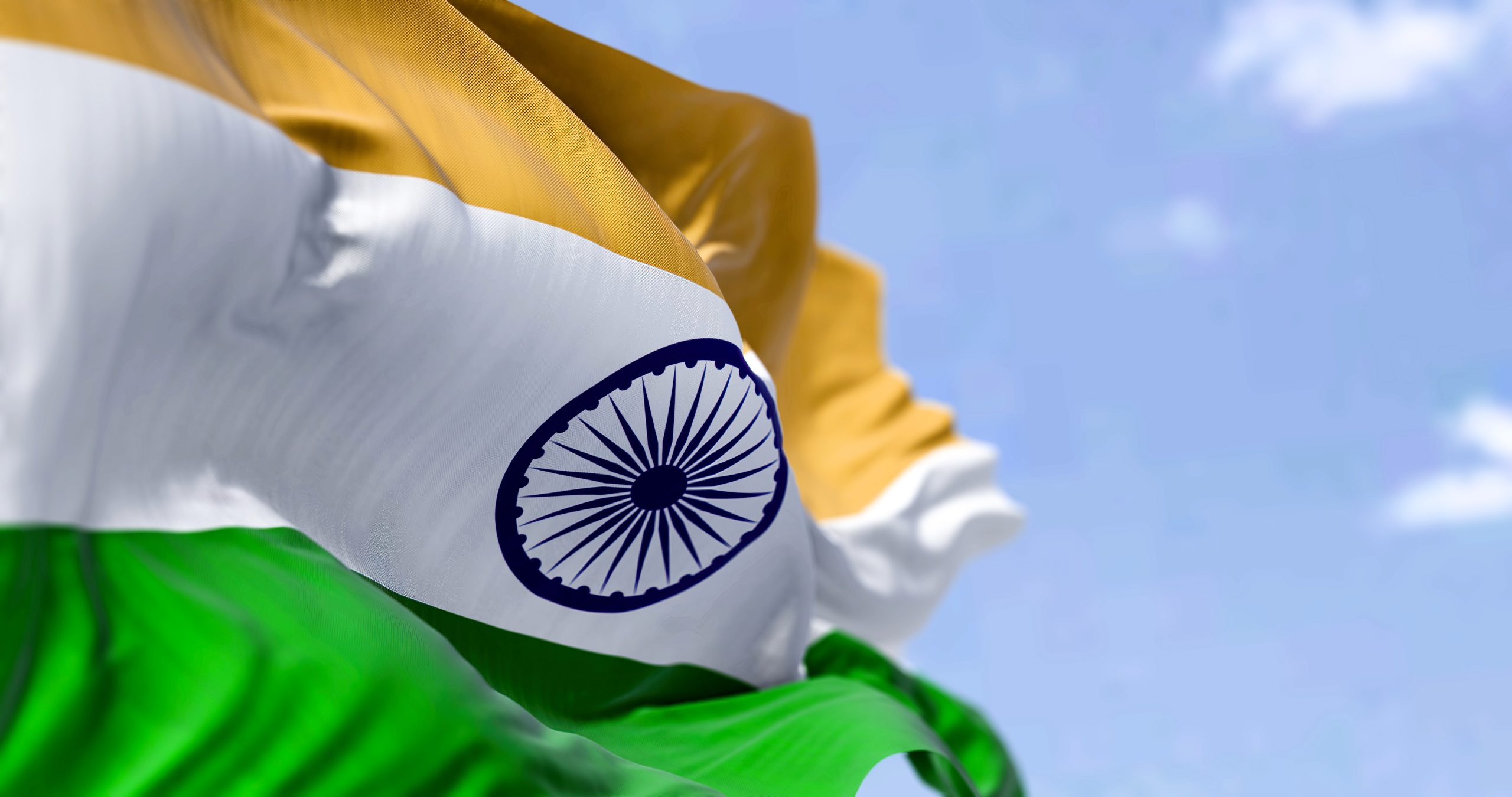
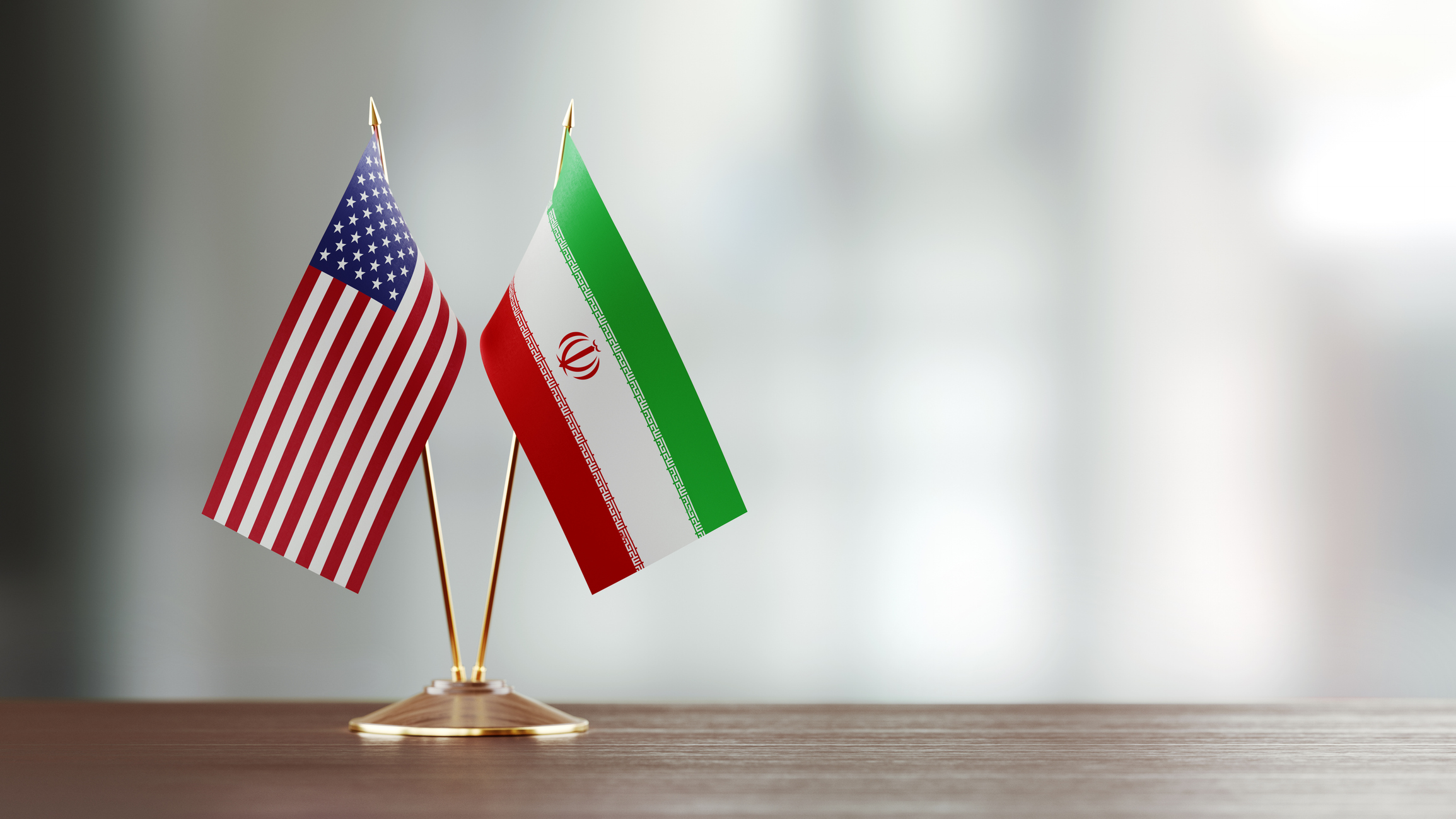
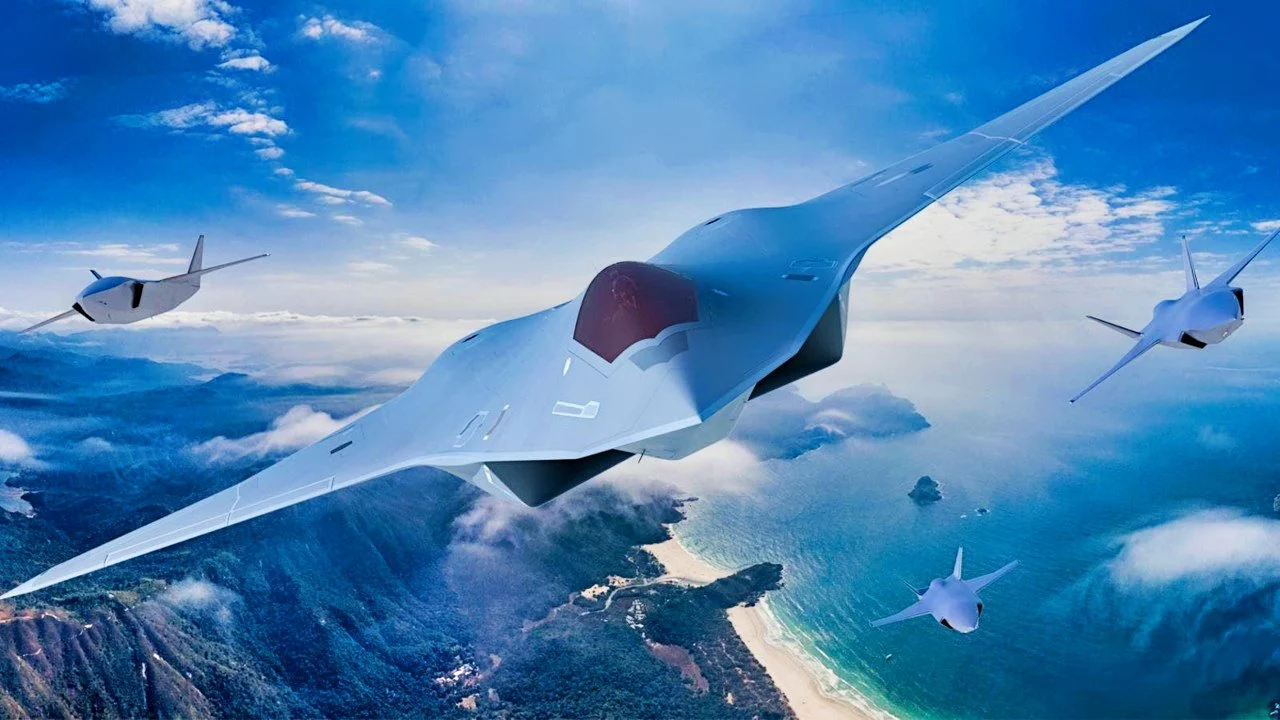
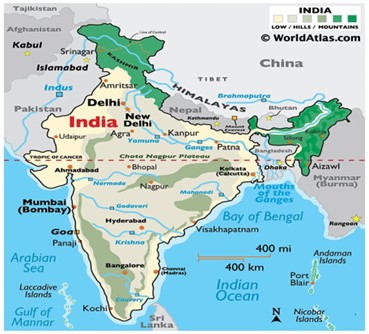












POST COMMENTS (15)
Kalidan Singh
Saket Rastogi
Air Commodore Parveen (Veteran)
Gp Capt K Sudhir
Wg Cdr Arvind Pande
Vivek Kumar Thakur
Saket Rastogi
Gp Capt JR Kelkar
Gp Capt Manoj Gurg (Retd)
Air Cmde Pramod Wankhade
Devesh Vatsa
Vishal
GP Capt Manoj Gurg (Retd)
Major General AK Bardalai, Veteran
Binoy Poonnen